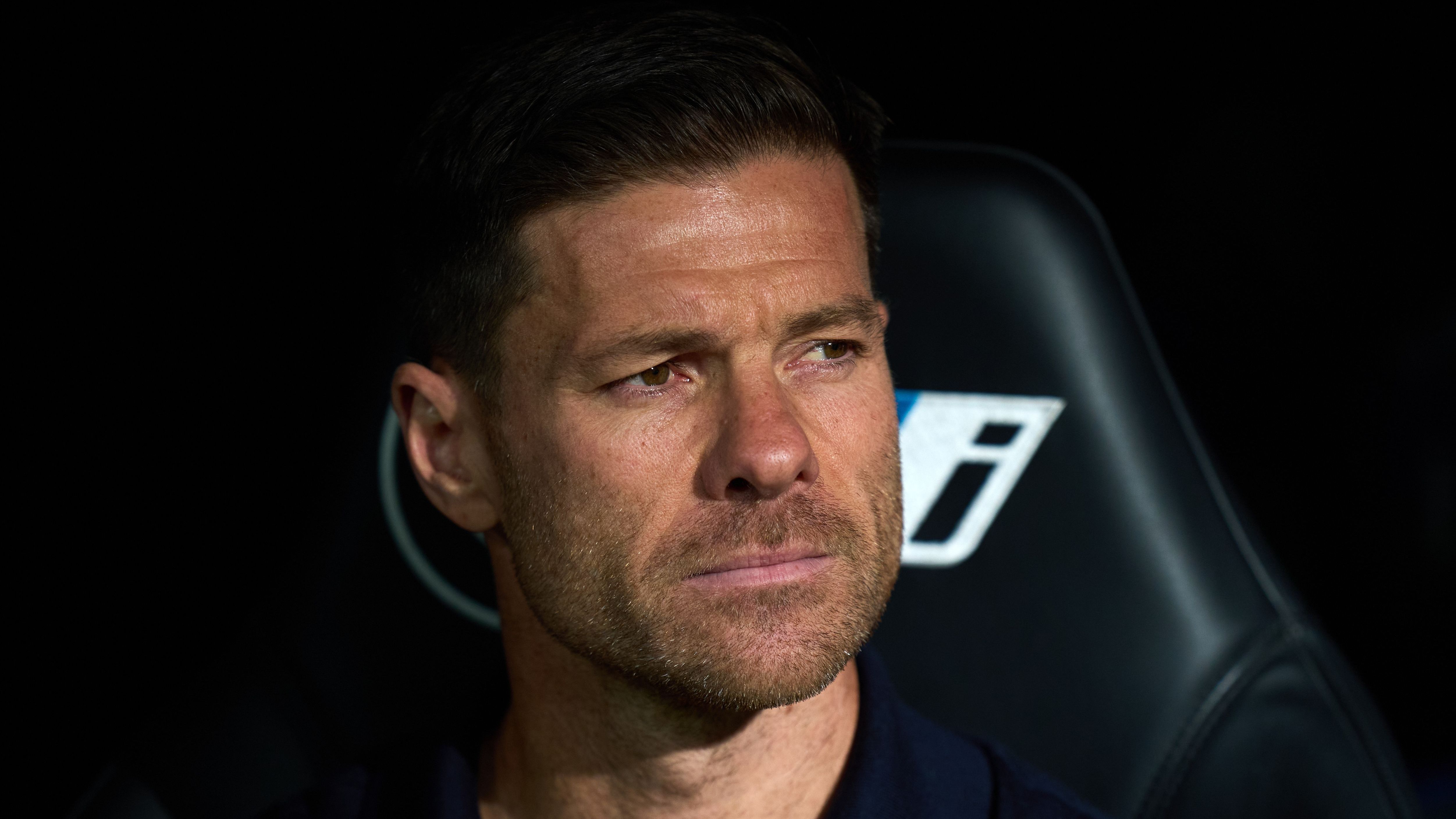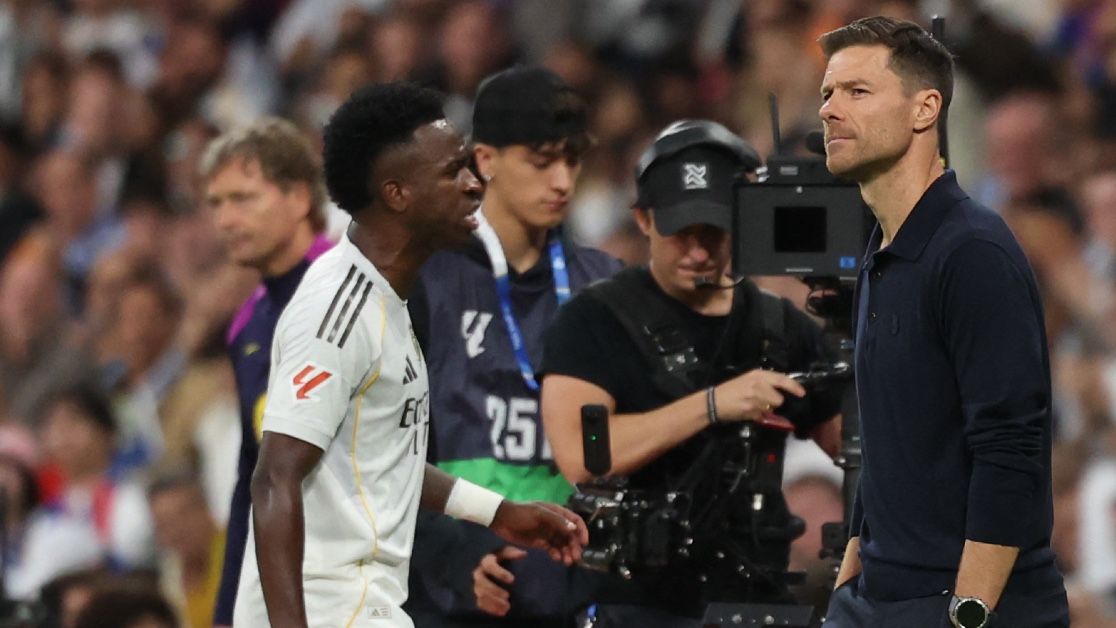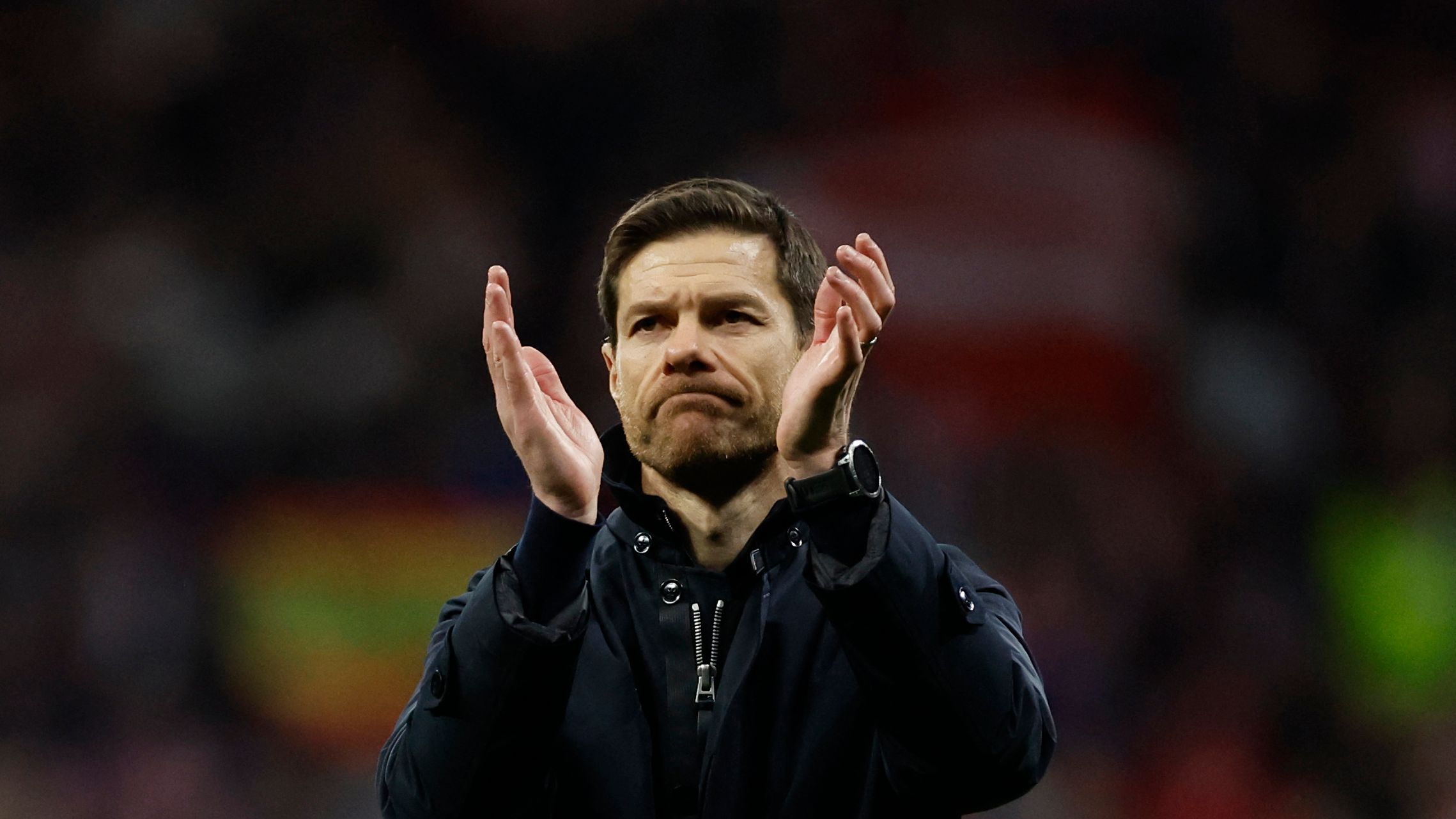


Unveiling the Tensions: Xabi Alonso’s Rigid Tactics at Real Madrid
In a bold shift at Real Madrid, Xabi Alonso‘s arrival has sparked widespread changes, drawing both admiration and irritation among the players due to his stringent methods reminiscent of elite coaches like Pep Guardiola. This fresh era at the Santiago Bernabeu marks a departure from previous norms, aiming to foster greater discipline and concentration, yet it highlights the challenges of balancing innovation with team dynamics.
Xabi Alonso’s Overhaul of Real Madrid’s Dynamics
Since stepping in during June, Alonso has firmly established a new order, ensuring that the environment at Santiago Bernabeu diverges sharply from Carlo Ancelotti’s tenure. Familiar routines have been discarded, going far beyond routine fitness routines to include tight controls on training access, prohibiting non-essential personnel and limiting entry to dressing areas before games or during breaks. Leaks about starting lineups are a thing of the past, and even players’ support networks encounter barriers. The primary aim is to cultivate a setting of intense concentration and confidentiality, though it’s evident that not all squad members are comfortable with these adjustments. On the field, outcomes remain favorable, yet the essence of soccer extends to personal interactions, established customs, and a sense of ease, revealing that players’ adaptations are uneven.
Growing Discontent Among the Squad
Dissatisfaction is steadily escalating off the field, with certain players sensing that their on-field liberty is restricted and viewing Alonso as remote and hard to connect with. An insider familiar with the Real Madrid locker room has shed light on these issues in an interview with The Athletic, stating: “Players who have achieved great success without such measures are now voicing objections when they’re enforced. He aspires to emulate Pep Guardiola, but at this stage, he’s still establishing his own identity as Xabi.”
Signs of Strain and Player Reactions
This sentiment frequently surfaces in team discussions, blending elements of respect with doubt. For instance, incidents like Vinicius Junior’s heated exit after being replaced in the match against Barcelona underscore the underlying pressures, suggesting that the concerns run much deeper than isolated events. Players often describe Alonso as “unapproachable,” with contrasts to Ancelotti’s more welcoming demeanor amplifying the divide. Modifications such as specialized training sessions, tougher guidelines, and limited access are intended to sharpen focus, but they alter the overall vibe, leading to enhanced play on the pitch even as not everyone embraces the changes.
Assessing the Effectiveness of Alonso’s Strategies
Despite the internal pushback, Alonso’s tactics are yielding results to some degree. Real Madrid currently leads La Liga, and their performance in the Champions League is reliable. Emerging talents like Arda Guler, Dean Huijsen, Alvaro Carreras, and Franco Mastantuono are receiving more opportunities, while regular rotations help maintain squad engagement. Alonso’s team, including assistant Sebastian Parrilla, physical trainer Ismael Camenforte, and analysts Alberto Encinas and Benat Labaien, is executing a blueprint that demands time and perseverance to fully materialize.
Adapting to the New Regime
As the insider noted, “The group understands they’re in the midst of a transformation that needs patience for the squad to operate as envisioned.” While some individuals are thriving under the new structure, others are expressing their unease. Alonso appears committed to upholding his emphasis on order, treating any conflicts as temporary hurdles rather than insurmountable obstacles for now.
The Road Ahead for Real Madrid Under Alonso
Given the constant spotlight on Real Madrid, every decision is intensely examined by the media, making Alonso’s ability to navigate authority essential for his longevity. Keeping senior players content will be key if the former Bayer Leverkusen coach hopes to secure his position. As Los Blancos prepare to face Valencia in their upcoming La Liga fixture, they’ll aim to sustain their progress amid the ongoing internal challenges.
The Roots of Discontent Among Real Madrid Players
Xabi Alonso’s Tactical Philosophy and Its Challenges
Xabi Alonso’s arrival at Real Madrid brought high expectations, given his storied playing career with the club and his emerging reputation as a manager. However, his rigid and unapproachable tactics have sparked growing discontent among the Real Madrid players. Alonso’s system often emphasizes a structured, possession-based style that prioritizes defensive solidity over creative freedom, leading to frustrations in the squad. This approach, while aiming for consistency, has been criticized for stifling the individual flair that Real Madrid players are known for, especially in high-stakes La Liga matches and Champions League encounters.
One key aspect of Alonso’s tactics is the heavy reliance on a 4-3-3 formation with strict positional discipline. Players have reportedly expressed that this rigidity limits their ability to adapt during games, making it harder to counter dynamic opponents. For instance, wingers like Vinicius Junior and Rodrygo have found themselves confined to narrow roles, reducing opportunities for the kind of electric, one-on-one dribbles that define Real Madrid’s attacking identity. This discontent with Xabi Alonso’s unapproachable tactics stems from a perceived lack of open communication, where players feel their input is undervalued, contrasting sharply with more collaborative environments at other top clubs.
- Key elements of rigidity in Alonso’s system:
- Overly prescriptive passing patterns: Players are instructed to follow predefined routes, which can slow down transitions and lead to predictable play.
- Limited substitution flexibility: Alonso’s reluctance to make in-game changes has frustrated stars who thrive on tactical adjustments mid-match.
- Intense training regimens: Sessions focused on repetition rather than innovation have reportedly led to fatigue and mental burnout among the squad.
Comparisons to Pep Guardiola’s Approach
When discussing Xabi Alonso’s tactics, inevitable comparisons to Pep Guardiola arise, given Guardiola’s transformative impact on modern football. Guardiola’s philosophy at clubs like Barcelona and Manchester City has always balanced structure with player empowerment, fostering an environment where creativity flourishes within a tactical framework. Real Madrid players discontent with Alonso’s style often point to Guardiola’s success as a benchmark, highlighting how his methods encourage fluid movement and decision-making on the pitch.
Alonso, influenced by his time under managers like Guardiola at Bayern Munich, has adopted elements of this possession-based game, but critics argue he lacks the same approachable demeanor. While Guardiola is known for his open dialogues and willingness to adapt based on player feedback, Alonso’s more reserved nature has created a divide. This has amplified player frustrations, with some insiders suggesting that Alonso’s tactics feel like a “rigid blueprint” rather than a “living strategy.” For example, Guardiola’s teams have consistently ranked high in metrics like pass completion and creative output, whereas Real Madrid under Alonso has seen a dip in these areas, fueling ongoing comparisons.
- How Guardiola’s methods differ from Alonso’s:
- Player involvement in tactics: Guardiola often incorporates player ideas, leading to better buy-in and morale, unlike Alonso’s top-down approach.
- Adaptability in high-pressure games: Teams under Guardiola excel in adjusting formations mid-game, a flexibility that Real Madrid players feel is missing.
- Long-term success metrics: Guardiola’s squads have won multiple titles through innovative play, raising questions about whether Alonso’s rigid tactics can deliver similar results in La Liga and European competitions.
Player Reactions and Notable Incidents
Real Madrid players’ growing discontent has manifested in various ways, from private meetings to public hints of frustration. High-profile players like Karim Benzema and Luka Modric have reportedly raised concerns about the lack of tactical variety, with sources indicating that Alonso’s unapproachable tactics have led to a disconnect in the locker room. During a recent Champions League clash, for instance, players were seen arguing on the sidelines after a substitution decision that didn’t align with the game’s flow, highlighting the tensions.
This unrest has been exacerbated by Alonso’s comparisons to Guardiola, as players reminisce about the freedom they experienced under previous managers like Zinedine Zidane. Social media buzz and leaks from training sessions have amplified these issues, with keywords like “Real Madrid players discontent” trending among fans. Incidents include:
- Benzema’s subtle critiques: The forward has alluded to feeling “constrained” in interviews, indirectly contrasting it with Guardiola’s empowering style.
- Mid-season team meetings: Reports suggest group discussions where players demanded more input on tactics, pointing to Alonso’s perceived inaccessibility.
- Injury concerns linked to training: Some players attribute minor injuries to the repetitive drills, drawing parallels to how Guardiola’s methods prioritize player welfare.
Impact on Team Performance and Dynamics
The ripple effects of Xabi Alonso’s rigid tactics on Real Madrid’s performance have been evident in recent seasons. Team dynamics have suffered, with morale dipping as players struggle to gel under the current system. For instance, statistical analyses show a decline in key performance indicators such as goals from open play and successful dribbles per game, directly tied to the lack of creative freedom. This has raised alarms about Real Madrid’s competitiveness in major tournaments, where adaptability is crucial.
In terms of dynamics, the squad’s camaraderie appears strained, with younger players feeling isolated from decision-making processes. Experts in football tactics note that such issues often stem from unapproachable leadership, similar to past managerial challenges at other clubs. To address this, internal reviews are underway, focusing on balancing Alonso’s structure with elements of Guardiola-like innovation to boost player satisfaction and output.
Potential Paths Forward for Tactical Evolution
Exploring ways to evolve Xabi Alonso’s tactics could involve blending his defensive strengths with more player-driven elements. Football analysts suggest incorporating hybrid strategies that allow for greater flexibility, such as varying formations based on opponent analysis. This could help alleviate player discontent by making the team more resilient and engaging, much like how Guardiola has refined his approaches over time.
Key recommendations for tactical adjustments include:
- Enhancing communication channels: Regular feedback sessions to make Alonso more approachable and foster trust.
- Integrating data-driven insights: Using advanced analytics to fine-tune tactics, ensuring they align with player strengths.
- Blending styles: Drawing from Guardiola’s playbook to incorporate more creative phases without sacrificing Alonso’s core principles.
By focusing on these areas, Real Madrid could mitigate the growing discontent and rebuild a more harmonious squad, ultimately enhancing their prospects in global football competitions.









